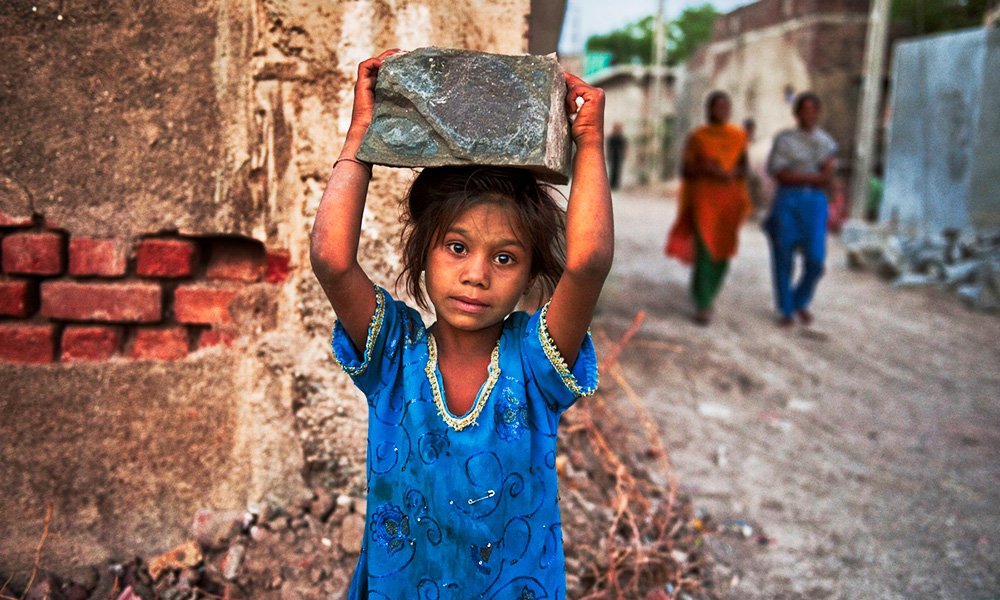- Night school for child laborers in Pakistan offer flexible evening classes, providing basic literacy, numeracy, and vocational training significantly improving educational outcomes.
- Community support and government initiatives, such as Punjab’s “Parho Punjab, Barho Punjab,” play a crucial role in funding, supplying resources, and expanding these night schools, helping child laborers break free from the cycle of poverty.
- Despite challenges like limited funding and societal attitudes, the success stories of night school students highlight the transformative power of education and the critical need for continued support and expansion of these programs.
In the bustling cities and rural landscapes of Pakistan, child labor remains a harsh reality for many young souls. Forced by economic hardships, children as young as six often find themselves in hazardous working conditions instead of classrooms. Amidst this backdrop, a beacon of hope emerges in the form of night schools specifically designed for these child laborers, offering them a chance at education and a better future.
The Plight of Child Labor in Pakistan
According to the International Labour Organization (ILO), there are approximately 3.3 million child laborers in Pakistan, with many working in agriculture, brick kilns, carpet weaving, and domestic service. These children often work long hours in dangerous environments, earning meagre wages to support their families. The consequences are dire – not only do they miss out on education, but they are also at risk of physical and emotional harm.
The Concept of Night School
Night schools provide a unique solution, allowing child laborers to attend classes after their workday ends. These schools operate in the late afternoon and evening, offering flexible schedules tailored to the needs of working children. The curriculum focuses on basic literacy, numeracy, and vocational training, aiming to equip students with the skills necessary to break free from the cycle of poverty.
Challenges and Opportunities
Despite the positive impact, night schools face several challenges. Limited funding, inadequate infrastructure, and societal attitudes towards child labor hinder their effectiveness. Additionally, the psychological trauma experienced by many child laborers requires specialized support, which is often lacking. However, these night schools’ success stories often offer hope.
Night schools for child laborers in Pakistan represent a lifeline for thousands of children trapped in the cycle of poverty and labor. By providing flexible, accessible education, these schools empower children with the knowledge and skills to pursue better futures. Continued investment, community support, and governmental commitment are essential to ensure that every child laborer in Pakistan has the opportunity to learn, grow, and thrive.
Co-Education, Right or Wrong: Khalil Ur Rehman Passes Remarks. Read the full story here:
The topic of co-education, where male and female students share the same educational institutions, is one that has sparked debates and discussions for decades, and it remains a complex issue with no simple “yes” or “no” answer. Several factors contribute to the ongoing debate surrounding co-education. Pakistani scriptwriter, Khalil Ur Rehman believes co-education is what is contributing to the downfall of society and causing immense harm to future generations.
Co-Education, Right or Wrong: Khalil Ur Rehman Passes Remarks
Have something to add? Let us know in the comments section below.
For more news and updates, stay tuned to Wow 360.
